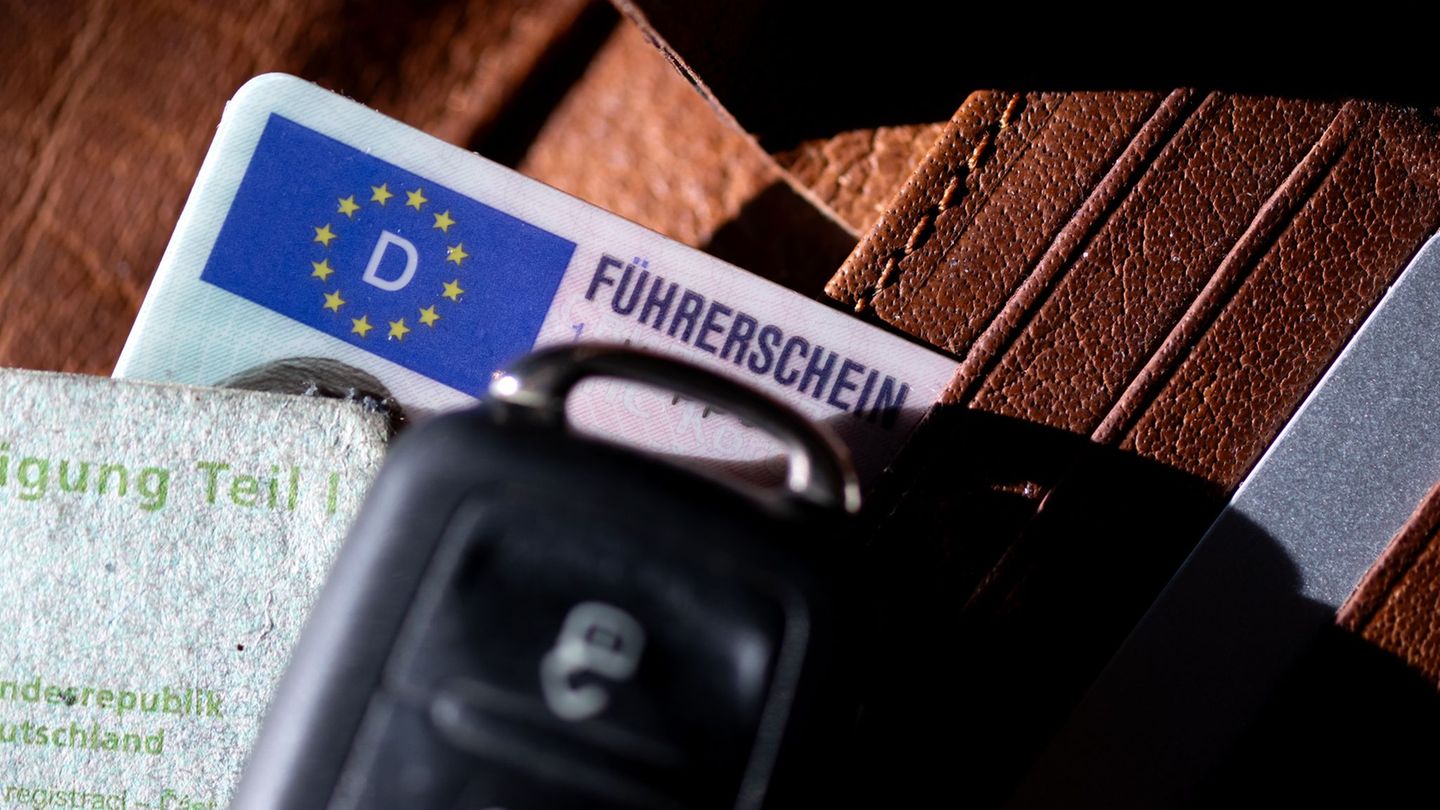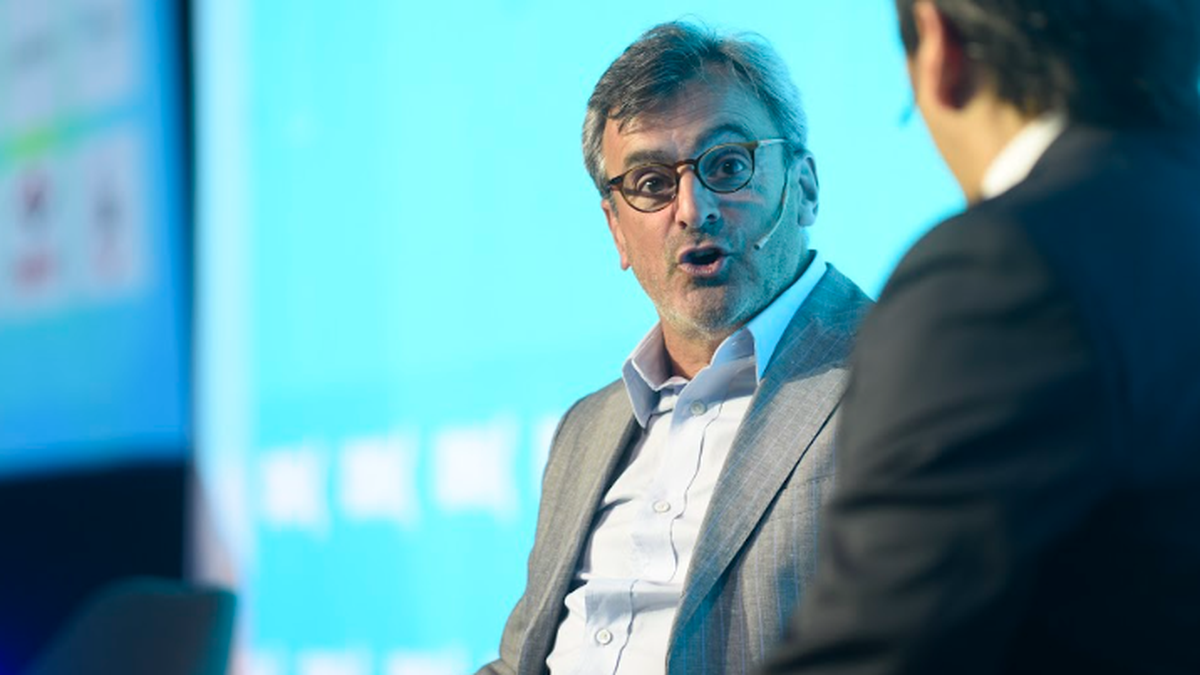A corresponding model is now to be developed. In the summer interview with the APA, he also called for the legal regulations to be tightened if the Federal Competition Authority were unable to find a way to deal with excessive fuel prices. Kogler is sticking to the coalition with the ÖVP, but he has rejected “old thinking”.
A – probably not retrospective, here Kogler “seriously” wants to see whether and to what extent that is possible – taxation of “excess profits” would be the most suitable instrument from the Vice Chancellor’s point of view, after deducting investments in renewable energies from the profit size. He did not want to predict how high the income from this “social and ecological contribution” could be. The fact that the SPÖ wants to finance a large number of anti-inflation measures, such as a reduction in VAT on gas, electricity and food, “that smacks to me more of the social democrats’ dishonesty.”
“Smart and feasible model”
“Windfall profits” are profits that companies achieve randomly and without their own effort and that are perceived as unfair. That’s currently the case for energy companies, which are earning very well thanks to high oil, gas and electricity prices. He understands that this makes people angry, says Kogler. Experts have been commissioned to create a “clever and feasible model”, which is then to be proposed to the coalition partner ÖVP.
This video is disabled
Please activate the categories Performance Cookies and Functional cookies in your cookie settings to view this item. My cookie settings
In general, Kogler doesn’t think much of VAT cuts, because “that costs huge sums for all taxpayers, but does not achieve anything in a targeted manner”. “Why should I now promote the SUV driver who cruises around in the Vienna Woods and occasionally makes a detour to St. Stephen’s Cathedral?” he asked. In the coalition with the ÖVP, the fundamental decision was made in the spring to rely on direct aid and payments to those particularly affected by inflation.
The Vice-Chancellor defended that the Greens, in view of the energy crisis triggered by the Russian attack on Ukraine, had to support measures such as restarting a coal-fired power plant in Austria or extending the life of nuclear power in Germany. “It’s painful, yes, but it’s heartfelt,” he said. In an emergency, one wants to save every kilowatt hour of gas in electricity production in order to have it for households, industry and jobs. “That’s exactly the green approach. Reconciling the economy and the environment on the basis of social sustainability.”
“Other governments drove the cart in the dirt”
“Other governments have messed things up,” he continued, “we’re pulling it out on dependence on Russian gas.” In the short term, they act pragmatically, but in the medium term they are visionary, “radical even”. By 2030, electricity will only be obtained from renewable sources, and it is not for nothing that the federal states have now been “put on the curb” for faster processes in wind farms.
Kogler also did not want to be told that nothing had progressed in the two and a half years of Green government participation, from the climate protection-related investment aid after Corona, the eco-social tax reform, the climate ticket, the increase in the standard consumption tax – “business representatives squeaked for a year” – to the Introduction of CO2 pricing from autumn. If the Greens were to govern alone, there would already be new climate protection and energy efficiency laws, but at least the Renewable Heat Act had been passed: “Nobody thought we could do that, so a lot is possible anyway.”
Positive side: new regulation of party financing
On the positive side, Kogler also noted the new regulation of party financing with the extended inspection possibilities of the Court of Auditors – a novelty that was pushed through against the resistance of the SPÖ. For the Vice-Chancellor, the question therefore arises with regard to coalition alternatives: “Would it be easier with the Social Democrats?” If the Greens could do as they please, there would already be a freedom of information law, more generous regulations from the red-white-red card to education policy, and “more humanity, heart and brain in the integration question” would prevail, stressed he.
This video is disabled
Please activate the categories Performance Cookies and Functional cookies in your cookie settings to view this item. My cookie settings
The Greens leader, who was recently confirmed until 2025, does not want to know anything about early elections because the coalition’s survey data are in the basement and a traffic light coalition appears possible given the weakness of the ÖVP. In view of multiple crises, one should not get involved lightly, as this would limit the republic’s ability to make decisions for almost nine months. ‘Now the work program needs to be pushed further and results delivered,’ he underlined.
The coalition with the ÖVP was entered into after the 2019 election “for reasons of assuming responsibility, and less because it is very funny from a party political point of view”. “It remains important for the Greens whether there is a government that is able to work and act and a Chancellor who is able to act and work. And we will always measure that by the results,” said Kogler.
The fact that the Greens could also find themselves in the opposition after the election, which is due in 2024 at the latest, does not deter the Green leader. “Extra-parliamentary and parliamentary opposition are important and we know both. Nothing shakes us anymore”, after all, in the meantime one was no longer represented in the National Council: “We are shaken when the world is doing badly, but we are going to save them now on.”
The SPÖ reacted angrily to Kogler’s announcement. “On May 5, Chancellor Nehammer announced that he wanted to skim off the excess profits from crisis winners and he had commissioned the finance minister with a model – so far there is nothing,” said vice club boss Jörg Leichtfried in a broadcast: “More than 3 months Later, Vice-Chancellor Kogler announces that he is having a model worked out that he in turn wants to propose to the ÖVP. It’s just a planting of the population.” If this does not come retrospectively, the corporations would have dried up their “windfall profits” before this tax took effect.
Source: Nachrichten




